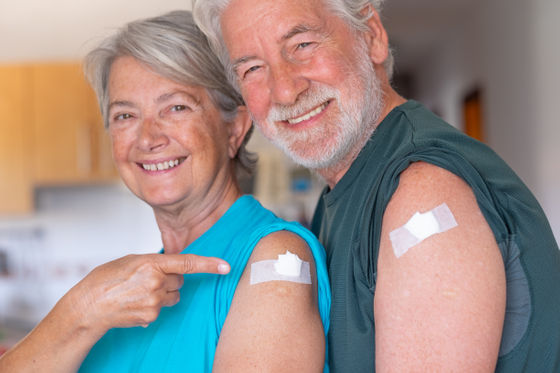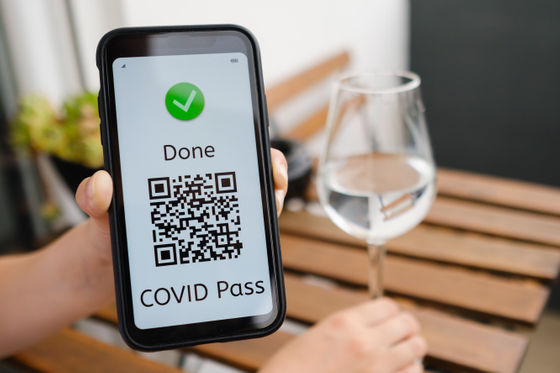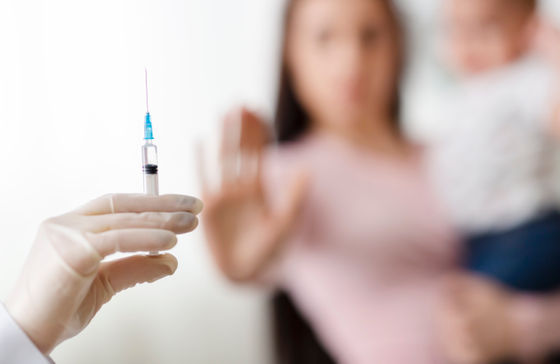Psychologists explain 'Why do people refuse vaccination?'

Why do some people delay getting vaccinated or pretend COVID doesn't exist? Paradoxically, denial of death
https://theconversation.com/why-do-some-people-delay-getting-vaccinated-or-pretend-covid-doesnt-exist-paradoxically-denial-of-death-168485
As a result of a survey conducted in Australia, only 9% of Australians answered that they were 'not likely' or 'not likely to be vaccinated', so the Australian media said 'against vaccines'. people to remember the fear and became a record low of ' was reported .

In Australia, unvaccinated people are prohibited from entering gyms, pools, retail stores, hairdressers, nail salons, pubs, zoos, cinemas, theaters, museums, galleries, etc. Menzies and colleagues point out that these strict restrictions are the flip side of the fact that Australia will not have more vaccinated people without it.

According to WHO, one of the causes of vaccine repellent is 'satisfaction with the status quo.' As of November 2021, the fact that
'Fear management theory' is the theory that those who are trying to escape the intolerable fear of death think 'I am a special being who is right and superior.' For example, in a 2010 study that analyzed 164 papers examining fear management theory by meta-analysis , those who thought about death showed a defensive reaction to protect their freedom and cultural and religious beliefs. I know.

People who believe that they are good may think that their thoughts are more correct than the opinions of experts, or that others may die but they should not. In fact, according to a survey conducted in the United States, where the victims of the new coronavirus infection are the most, 55% of Americans who believe in some religion say, to varying degrees, 'God protects them from the virus. It turns out that they have a tendency to think.
As a result of sticking to their correctness and specialty to dispel the fear of death, the person becomes unacceptable to scientists preaching the importance of vaccination against vaccines that should reduce the risk of death. But you will feel a sense of refusal. From this, Menzies and colleagues concluded that 'unless people try to see who they really are, hesitation in vaccination will continue to be a public health problem.'
Related Posts:
in Science, Posted by log1l_ks







